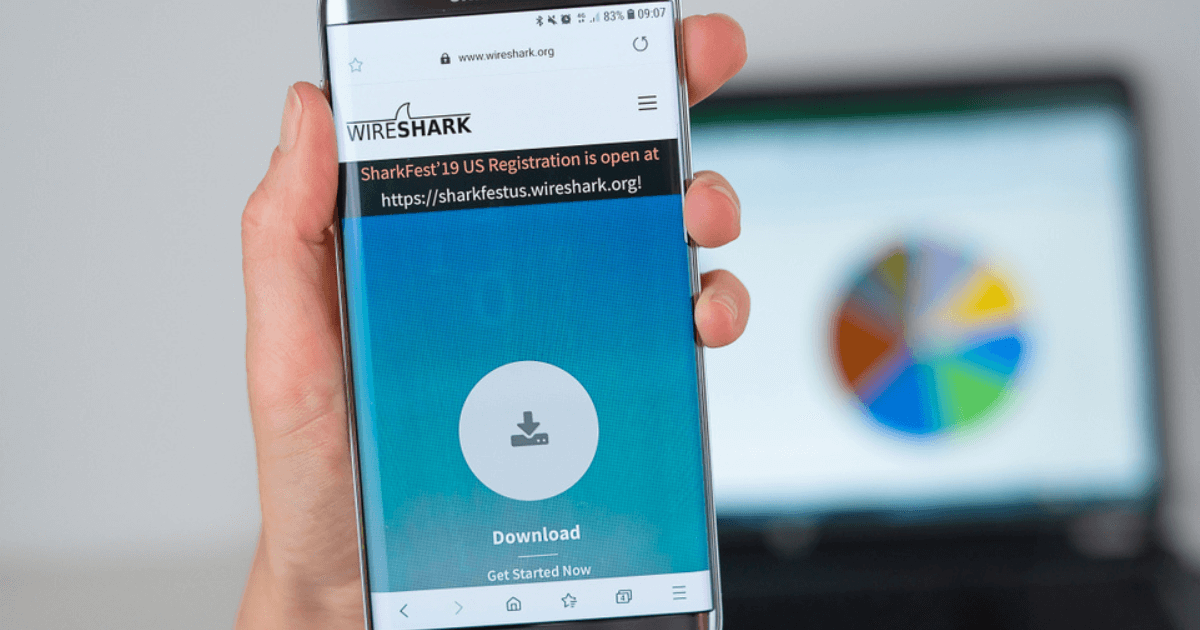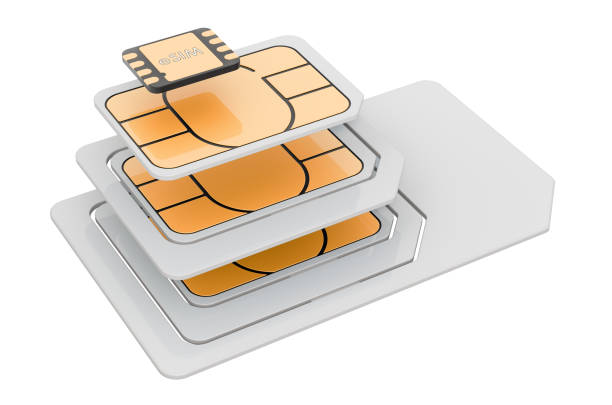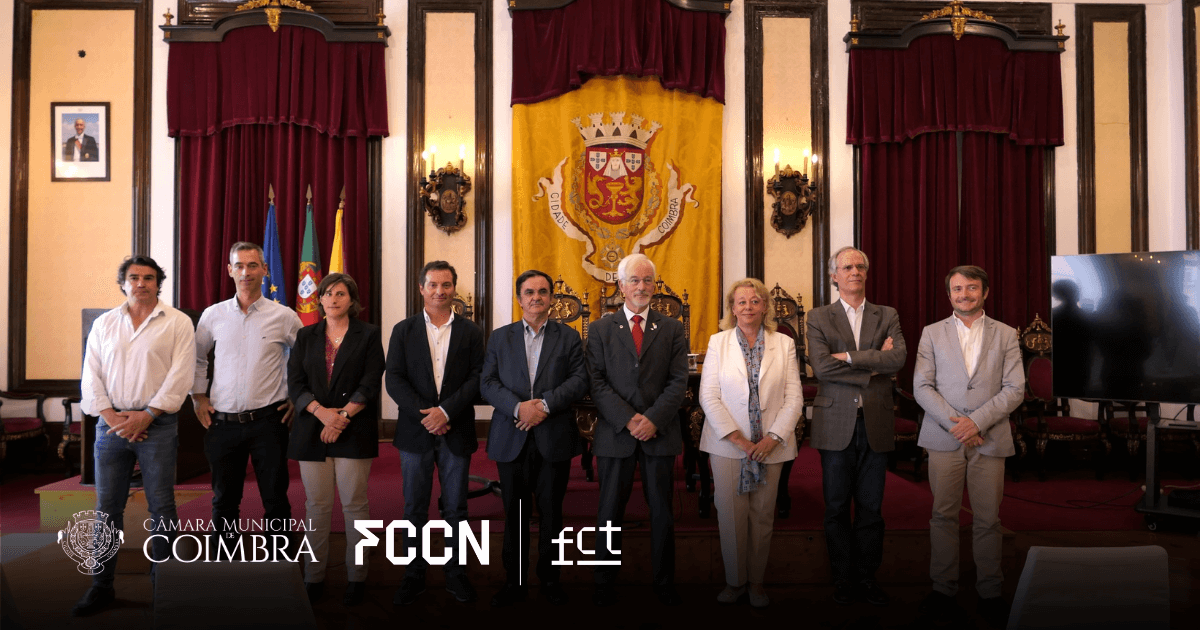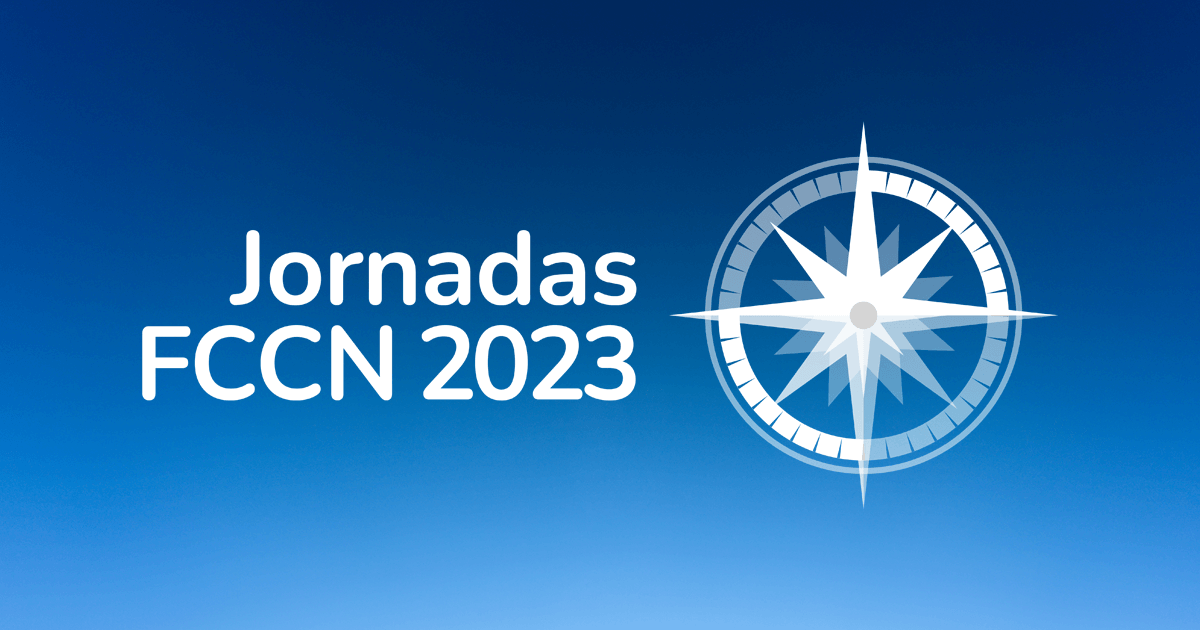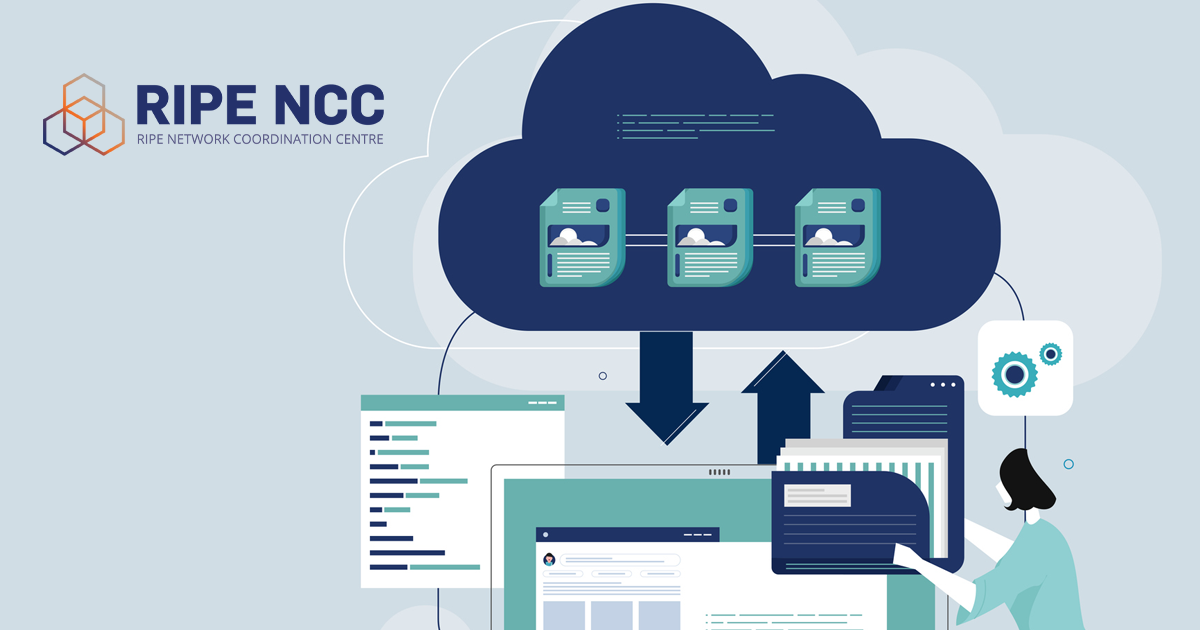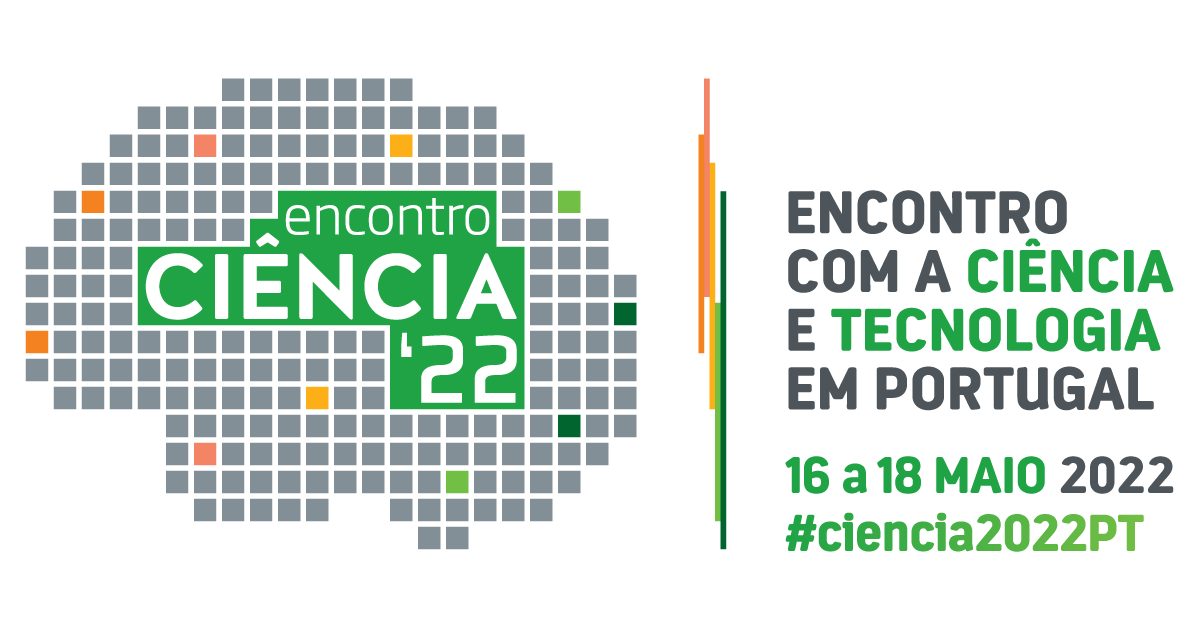Cost reduction in voice communications
VoIP is a service that allows participating institutions to reduce voice communication costs while also providing advanced features.
Voice over Internet Protocol (VoIP ) is a technology that allows users to make telephone calls over a data network by converting an analog voice signal into a set of digital signals, which are then sent over an Internet connection in the form of packets with IP addresses.
Who is it intended for?
Institutions that already have the Plus service and are:
- Higher education
- Research and Development
- Non-profit institutions whose main objective is Research and Development activities.
About RCTS VoIP
VoIP is the “Voice over IP” service that constitutes a private voice network, with around 40 institutions and more than 50,000 DDIs, where all intra- and inter-institutional traffic flows over the RCTS network using the latest technologies.
Cost reduction is achieved not only by routing calls to the network of contracted Telecommunications Operators, via the lowest cost route, but also by creating virtually dedicated IP connections between the institutions participating in the service.
These IP connections allow calls to be made without any associated cost, between entities adhering to the service through the use of open standards such as the SIP (Session Initiation Protocol) and ENUM (E.164 Number Mapping) protocols.
The technical solution used allows coexistence with legacy telephone infrastructures, creating conditions for a transparent migration for the end user and facilitating phased plans for replacing conventional telephone terminals with new equipment with SIP support.
Terms of Use
Aimed at higher education or research institutions linked to RCTS with the Plus service.
If your organization is part of the academic or scientific community and is not yet connected to the RCTS Network, see here how to join and use the VoIP service.



